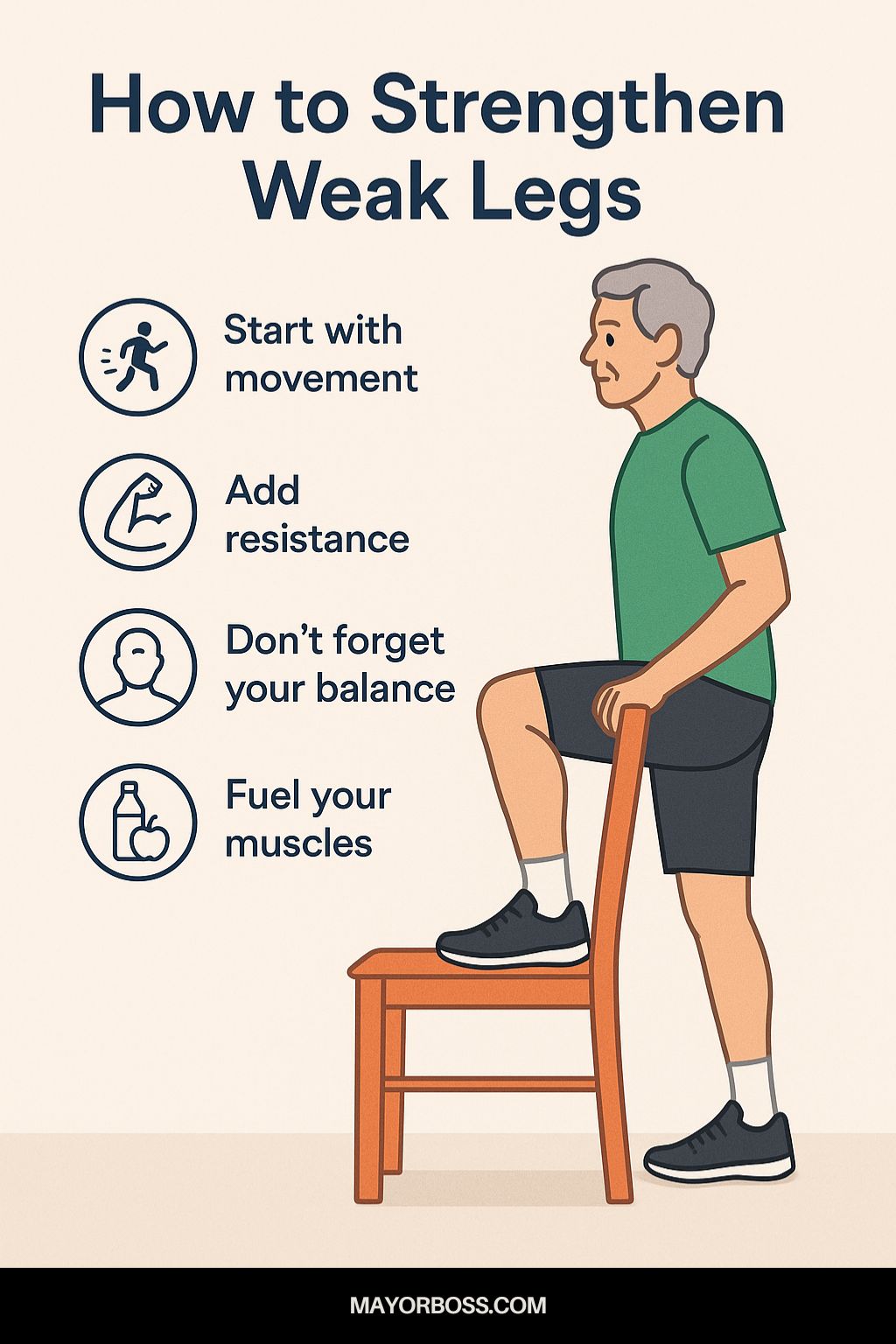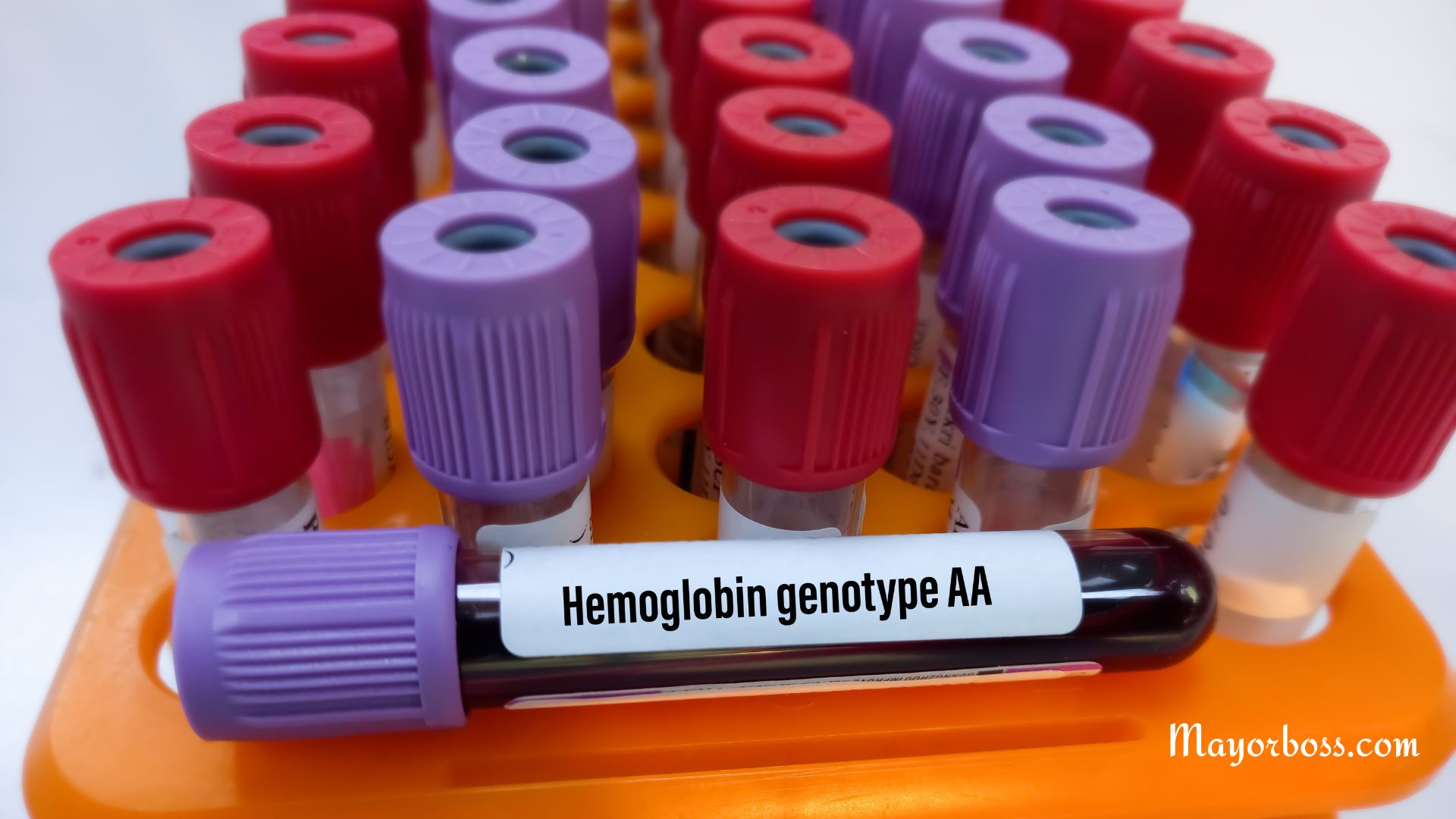Warning Signs of Heart Attack at Night
A heart attack, also known as a myocardial infarction, happens when the blood flow to part of the heart muscle becomes blocked. This blockage most commonly occurs in the coronary arteries, which supply the heart with blood and oxygen. Without enough blood flow, that part of the heart muscle starts to die.
You might ask: why would a heart attack occur at night? After all, nighttime is when the body should be calm. The truth is that certain changes in our bodies during sleep can sometimes stress the heart. For example, blood pressure and heart rate may shift as we move between sleep stages. Also, if you have certain health conditions, like high blood pressure or diabetes, they might make you more vulnerable to heart trouble at all hours.
The good news is that the human body often sends signals that something is wrong before a full heart attack strikes. Paying attention to these signs may help you get help before the damage is severe. Read on to learn about the warning signs of an impending heart attack that may show up at night.

1. Chest Discomfort That Feels Heavy or Tight
The first and perhaps most well-known warning sign is chest discomfort. Many people think a heart attack always involves sharp, intense pain, but in reality, it can feel more like pressure, fullness, or a heavy weight pressing against the center of your chest. Sometimes, it can feel like something is squeezing the middle of your chest.
You might experience this while lying in bed. The discomfort may wake you up from sleep, or it may prevent you from falling asleep in the first place. Some people might mistake it for heartburn or indigestion, especially if it is mild. But remember that chest discomfort, especially if it lasts more than a few minutes or comes and goes, should never be ignored. This tightness might spread out to your shoulders, arms, neck, or jaw.
If you experience such chest discomfort at night, sit up and pay attention to how you feel. Do not simply lie back down and hope it passes. If the feeling continues, call for medical help. Prompt treatment could save your life.
2. Shortness of Breath and Trouble Breathing
Another indication of a heart attack that may come as a surprise during the quiet hours of the night is shortness of breath. You may find yourself suddenly feeling as if you cannot take a full breath. Even though you are lying still, breathing might feel like a struggle, as if the air in the room is thick.
This symptom might be accompanied by unusual wheezing or a sense of suffocating. Often, shortness of breath happens along with chest discomfort, but it can also occur by itself.
Why does this happen? When the heart muscle is not getting enough blood flow, it can struggle to pump blood efficiently. This makes the lungs work harder, and you may feel out of breath. In some cases, fluid can build up in the lungs when the heart isn’t pumping well, causing breathing difficulties.
If you find yourself gasping for air or breathing heavily in bed, sit up, try to relax, and pay attention to whether the feeling is getting worse. If it does not ease after a few minutes, it could be a warning indicator of a heart attack.
3. Breaking Out in a Cold Sweat
Another significant indicator of a heart attack that may appear at night is sudden sweating. While it is normal to sweat if the room is very warm or if you are wearing heavy blankets, cold sweating for no clear reason can mean something more serious. When the heart struggles, the body often responds by triggering a “fight or flight” reaction, releasing stress hormones that may cause you to sweat.
This type of sweat may feel clammy and cool. Your bedsheets might be damp when you wake up suddenly. You could be sweating even though the room is cool and comfortable. Such sweating during rest is not ordinary. It suggests your body is under stress and that stress could be related to your heart.
If you notice cold sweats at night paired with any other symptom on this list—such as chest discomfort or shortness of breath—contact a healthcare professional right away.
4. Pain That Radiates to the Back, Neck, Jaw, or Arms
Not all heart attack pain stays in the chest. Sometimes, the discomfort may move beyond your chest. For example, you might feel pain or an odd aching in your arms, shoulders, or elbows. The left arm is often noted, but you might feel it in the right arm too. You can also feel pain in your upper back, between your shoulder blades, making it feel as though you pulled a muscle.
Neck or jaw pain that shows up suddenly at night can also be a warning sign. Many people do not connect pain in these areas to their heart, but your heart, nerves, and muscles are all connected. The discomfort from a stressed heart muscle can travel along nerve pathways and show up in unexpected places.
If you find yourself awake at night with unexplained pain in these areas, especially if it combines with chest pressure or shortness of breath, do not hesitate to call for medical help.
5. Lightheadedness or Sudden Dizziness
Feeling dizzy or lightheaded at night might happen if you stand up too quickly after lying down. But if you are lying quietly and suddenly you feel as if the room is spinning, pay attention. Dizziness and lightheadedness could be a result of a drop in blood flow to the brain.
When the heart cannot pump blood properly, less oxygen reaches your brain. This can cause your head to feel strange and your vision to seem a bit off. You might feel weak or confused.
Do not dismiss this feeling if it does not go away quickly. A few moments of dizziness can have a simple explanation, like dehydration or low blood sugar. But if the dizziness is persistent, coupled with other heart attack signs, it may be more than just a passing spell.
6. Nausea and Stomach Discomfort
It might surprise you, but nausea and stomach upset can be connected to heart problems. During a heart attack, some people feel pain in the upper abdomen or feel very sick to their stomach. They may even vomit. At night, you might wake up feeling like you have a severe case of indigestion. You might blame it on something you ate at dinner, but if the discomfort does not ease or is paired with other symptoms like chest tightness or shortness of breath, consider the possibility that your heart might be the cause.
Stomach discomfort alone is not always a heart attack sign, of course. Many conditions can make you feel queasy. But when nausea appears alongside other warning signals, it should not be ignored.
If you find yourself awake with unexpected and severe stomach trouble, sit up, breathe steadily, and check yourself for other symptoms. If your stomach pain feels unusual and you sense something is not right, trust that feeling and seek medical attention.
7. Unusual Fatigue and Weakness
We all feel tired sometimes, especially after a busy day. But unusual fatigue that strikes at night, strong enough to wake you up, maybe your body telling you something serious. If you suddenly feel too weak to lift your arms, if walking a short distance makes you feel exhausted, or if getting up to use the bathroom leaves you gasping, it could be more than just being tired.
Fatigue happens because the heart is not pumping enough blood to keep your body energized. Without proper blood flow, your muscles and organs lack the fuel they need. This can leave you feeling drained, even though you have been resting.
This symptom often pairs with others. A combination of unusual nighttime tiredness and chest discomfort, shortness of breath, or sweating increases the chance that what you are experiencing is related to your heart.
You might wonder why these symptoms become so noticeable at night. One reason is that when you lie down, your heart and lungs work a bit differently. Gravity is not helping the blood flow as it does when you stand, so any weakness in your heart’s pumping action might show up more clearly. Also, when you are resting, you have fewer distractions. During the day, you might ignore mild discomfort or chalk it up to stress. At night, it is quieter, and symptoms that were easy to overlook can seem more pronounced.
Paying attention to these nighttime symptoms is crucial. Many people suffer heart damage because they wait too long, hoping the discomfort will pass. But a heart attack is a medical emergency. The quicker you get treatment, the better your chances of a good outcome.
What to Do if You Suspect a Heart Attack at Night
If you notice one or more of these warning signs—chest discomfort, shortness of breath, sweating, pain radiating to other parts of the body, dizziness, nausea, or unusual fatigue—do not panic, but do not waste time either.
- Sit up in bed and take slow, deep breaths. Check if the symptoms improve.
- Call for help immediately. If you are alone, dial your emergency number (like 911) right away. If you have family in the house, alert them.
- Do not try to drive yourself to the hospital. Wait for an ambulance or for someone else to drive you. Emergency medical technicians are trained to help on the spot.
- Chew an aspirin if advised by a doctor. Aspirin can help thin your blood and improve blood flow to your heart. However, only do this if you are not allergic and have been told by a healthcare professional that it is safe.
- Try to remain calm. Stress can make the situation worse. Close your eyes, focus on your breathing, and wait for help to arrive.
Who Is at Higher Risk?
While anyone can experience a heart attack, some factors raise the risk. People with high blood pressure, high cholesterol, or diabetes are at greater risk. Being overweight, smoking, and not exercising enough also increase the chances. Family history plays a role too. If someone in your family has heart problems, your risk might be higher.
If you know you are at risk, have regular check-ups with your healthcare provider. Keep track of your blood pressure and cholesterol levels. Follow their advice about diet, exercise, and medication. By taking good care of your heart, you can lower your chances of a heart attack, day or night.
How to Reduce the Odds of a Nighttime Heart Attack
While not all heart attacks can be prevented, you can take steps to improve your heart health and lessen the chance of serious trouble at night. Here are a few suggestions:
- Maintain a Healthy Diet: Eat more fruits, vegetables, whole grains, and lean protein. Avoid foods high in saturated and trans fats.
- Exercise Regularly: Even a short walk each day can help improve your heart health. Check with your doctor before starting a new exercise routine.
- Manage Your Stress: Chronic stress can strain your heart. Learn relaxation techniques such as deep breathing, meditation, or simple hobbies that you enjoy.
- Get Enough Sleep: While it sounds contradictory, proper rest helps your heart. Aim for 7 to 9 hours of sleep each night.
- Quit Smoking: If you smoke, consider seeking help to quit. Smoking damages blood vessels and raises the risk of heart attack.
- Take Your Medications as Directed: If your doctor prescribes medication for blood pressure, cholesterol, or other conditions, follow their instructions carefully.
Final thought
We all hope to sleep peacefully and wake up ready to face a new day. But life does not always go as planned. Heart attacks, though frightening, can often be managed effectively if caught early. Knowing the warning signs—chest discomfort, shortness of breath, sweating, pain in other parts of the body, dizziness, nausea, and unusual fatigue—can help you recognize when something is not right.
If you or someone you love experiences these symptoms at night, do not hesitate. Call for medical help immediately. Quick action can save heart muscle and even save a life.






